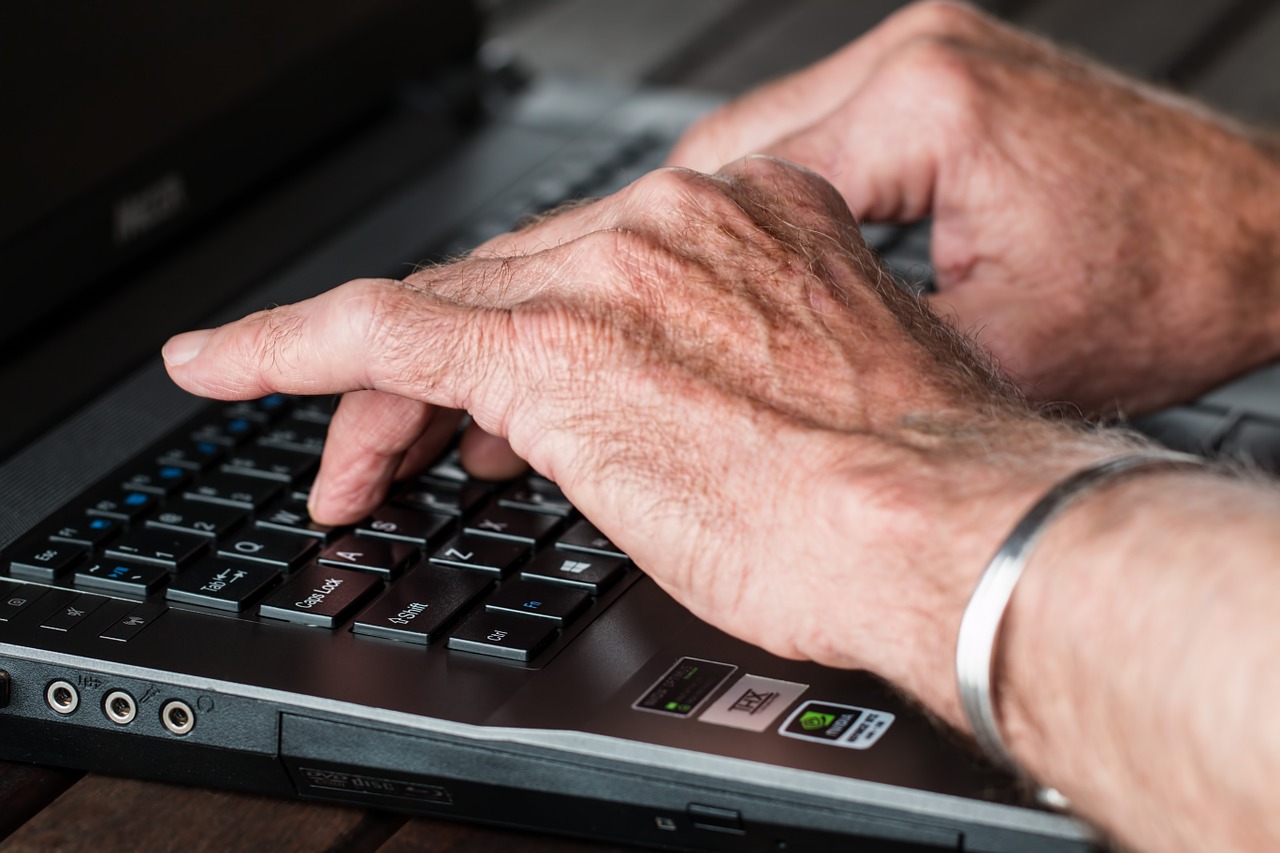
Social Media and Death: It’s Complicated
Social media, as you know, can be both a blessing and a curse. From a home health and hospice perspective, it can be a great way to communicate updates on a loved one for those who can’t be there, but there can also be a fine line between privacy and the desire to communicate those updates. There are ways to effectively use Facebook and other social media platforms as informative, end-of-life tools for you and your loved ones. If your loved one has just passed, social media can also be a good tool to communicate funeral services as well as to seek out bereavement services in San Francisco and elsewhere.
Obtaining Permission
If your loved one is in hospice and has not passed yet, social media can be used to update others on their condition. But before posting anything, it’s important to obtain permission to share those intimate details. Talking to your loved one about sharing such information is vital in maintaining trust. Even as a close loved one managing a private online forum, it’s still important to get consent before posting anything about their condition.
You’ll have to tell your loved one why it’s a good idea to post updates to social media in a clear and concise way: what it is, how it will be used, and why it’s important for friends and family to access the information. Most times, you will be met with a positive response. Other times, they may be opposed to the idea, so don’t create additional stress by pushing the situation. Respect all wishes no matter what they are.
Role of Social Media in End-of-Life Conversations
Social media support networks are great at enabling more frequent and lower-stakes conversations about dying than traditional hospital support groups, which can help alleviate that sense of isolation that typically accompanies life-threatening conditions, according to Stanford Medicine. Social media is always there, even when you’re up at 3 a.m. worrying about a loved one or feeling a sense of panic as the person who is terminally ill. That kind of comfort is constantly available, and less invasive than picking up the phone at all hours to call someone. You can create and participate in a virtual community, which serves as a reminder of what life is all about and how things keep moving, no matter how you’re feeling.
A New Twist on Coping
Traditional bereavement support includes journaling, painting, writing, or some other creative expression of getting your thoughts down onto paper. Those are all great methods, and necessary ones at that. But social media presents an opportunity similar to journaling, allowing you to express those feelings so other people can validate them, facilitating your ability to make positive meaning out of it, points out Headspace. The immediate support that social media provides offers a positive impact on the way people grieve. It’s also a way to receive an outpouring of support from people near and far, without the exhausting effort of individually reaching out to loved ones for support or to notify them of every change in status throughout hospice.
Guilt
The pervasiveness of social media can also have a dark side. While it allows for more public mourning and broader support from others, you have to be mindful that you’re not just updating your close friends and family but extended acquaintances that may be on your friends list. Creating a private page where you can invite who you want may be a good idea. Additionally, social media seems to have added a sixth stage of grief: guilt. If you’re on platforms like Facebook, you’re familiar with all the notices reminding you of an anniversary of a death or a loved one’s birthday. This can bring all those feelings back, along with feelings of: Did I do enough? Am I posting about them enough? Am I honoring their memory in the right way?
From friends who update their statuses to writing on the wall of the deceased, you may wonder if you are a less thoughtful person for not posting something. If you are a private person on social media, you may worry that you will come across as fishing for sympathy if you choose to participate. We’re all hardwired, biologically, to worry about what others think of us. Recognize this knee-jerk reaction and give yourself permission to grieve in your own way. If that means less time on social media, so be it.
The important thing to remember is to do what you feel comfortable with, and respect the wishes of your loved one and family.
Contact Pathways Home Health and Hospice
Here at Pathways, we offer many bereavement support services, including support groups, workshops, memorial services and counseling. To learn more, contact us at 888-978-1306.

